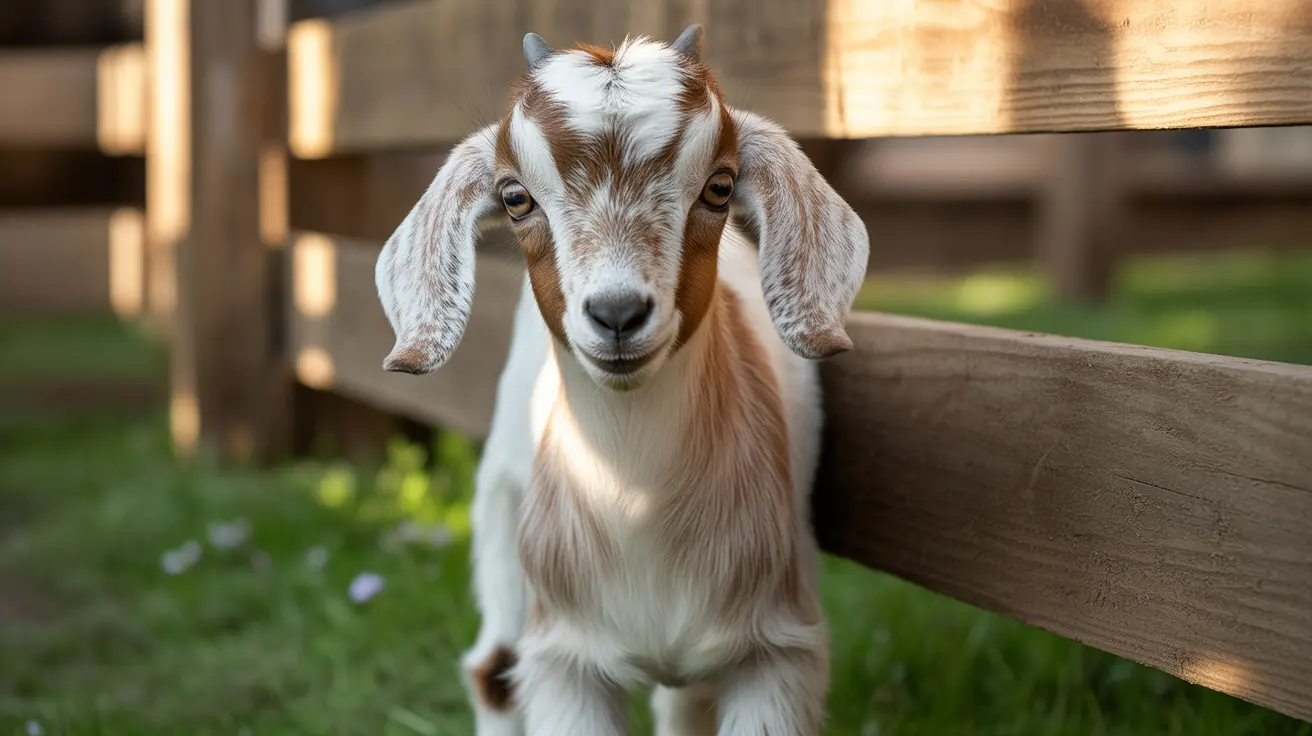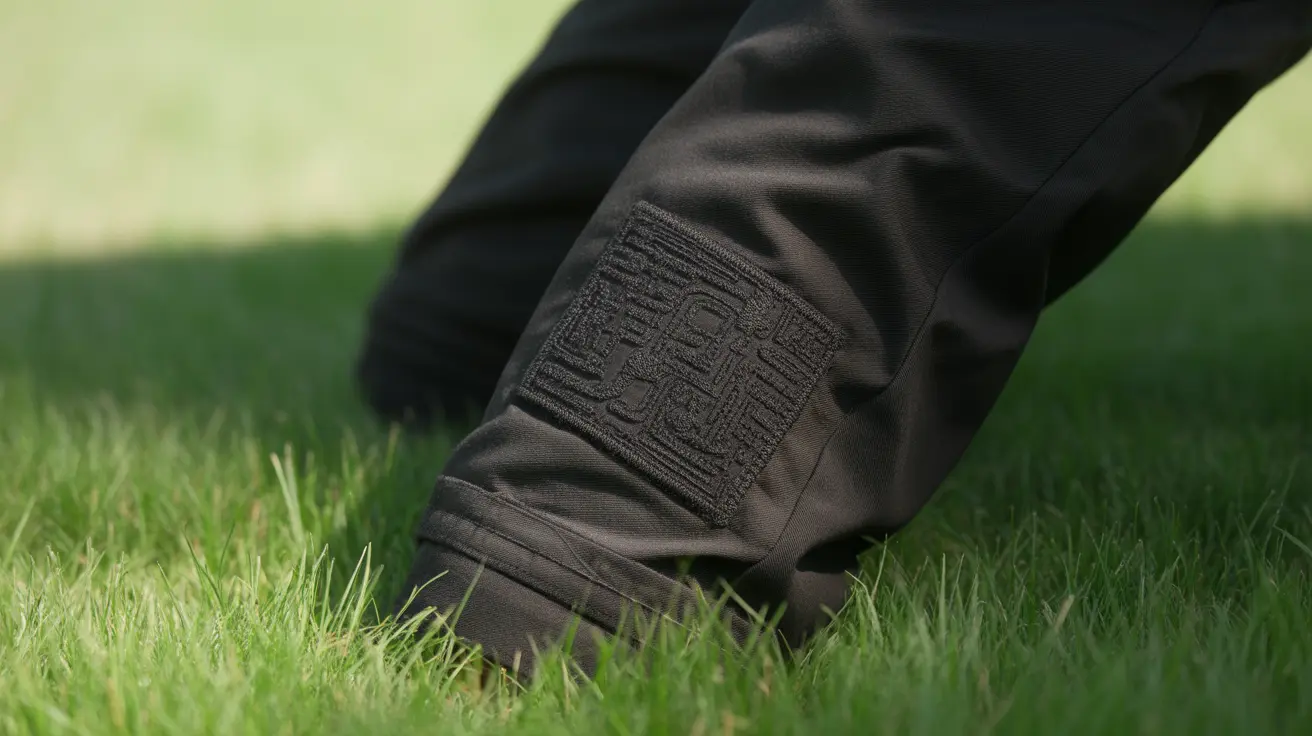Can Dogs Eat Oranges? The Basics of Citrus Consumption
Good news for fruit-loving dog owners: dogs can indeed eat oranges, but with some important caveats. Not all parts of the orange are safe, and moderation is key to preventing potential digestive issues.
What Parts of the Orange Are Safe?
When feeding oranges to your dog, stick strictly to the fleshy segments. The edible parts of oranges—including those from mandarins, clementines, and tangerines—are generally safe when given in small quantities. However, you must avoid:
- Orange peels
- Seeds
- White pith
Nutritional Benefits of Oranges for Dogs
Oranges aren't just a tasty treat; they offer several nutritional advantages. These citrus fruits are packed with beneficial nutrients, including:
- Vitamin C
- Potassium
- Dietary fiber
- Low sodium content
Potential Risks and Considerations
While oranges can be a healthy occasional treat, they're not without risks. Dogs with specific health conditions should be particularly cautious:
- Diabetic dogs
- Overweight dogs
- Dogs with sensitive stomachs
These pets might experience blood sugar spikes or digestive upset from consuming oranges.
Feeding Guidelines: How Much is Too Much?
Portion control is crucial when introducing oranges to your dog's diet. Veterinary experts recommend following these guidelines:
Recommended Serving Size
- Limit oranges to 10% of daily calorie intake
- Offer 1-3 orange segments per day
- Always remove seeds and peel before serving
Introducing Oranges to Your Dog's Diet
When first offering oranges, take a gradual approach:
- Start with a small slice
- Monitor your dog for any adverse reactions
- Look for signs of digestive discomfort
- Discontinue feeding if negative symptoms occur
Special Precautions for Dog Owners
Not all orange-related products are safe for canine consumption. Avoid these potentially harmful alternatives:
- Orange juice (too high in sugar)
- Processed orange products
- Candied or sugared orange slices
Puppies and Oranges
For younger dogs, the same rules apply—but with even more caution. Puppies can have minimal amounts of orange flesh, but always consult your veterinarian first.
Frequently Asked Questions
Can dogs eat oranges safely, and what benefits do they provide?
Yes, dogs can eat oranges safely in moderation. They provide vitamin C, potassium, and fiber, offering a nutritious treat when given appropriately.
How many oranges can dogs eat in a day without causing digestive problems?
Most dogs can safely consume 1-3 orange segments daily, ensuring they don't exceed 10% of their total daily calorie intake.
Why should I avoid giving orange peels to my dog?
Orange peels can cause digestive blockages, contain tough fibers difficult to digest, and may upset your dog's stomach.
Are oranges a good treat for dogs with diabetes or weight issues?
No, dogs with diabetes or weight problems should avoid oranges due to their sugar content, which can cause blood sugar spikes.
How do I introduce oranges to my dog's diet to minimize the risk of adverse reactions?
Start with a small slice, observe your dog's reaction, and discontinue if any digestive issues or discomfort occur. Always consult your veterinarian before introducing new foods.






